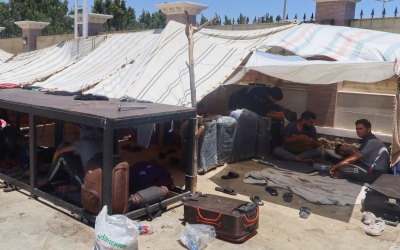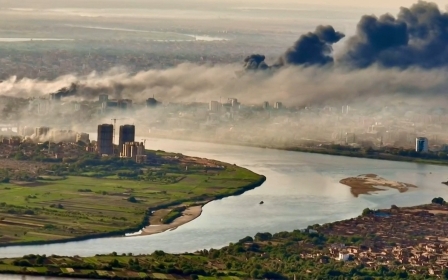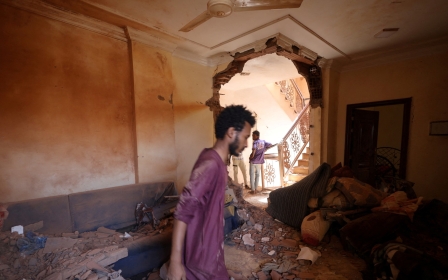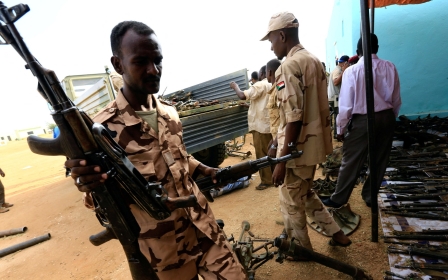US embassy destroys passports leaving Sudanese 'stranded and disappointed'
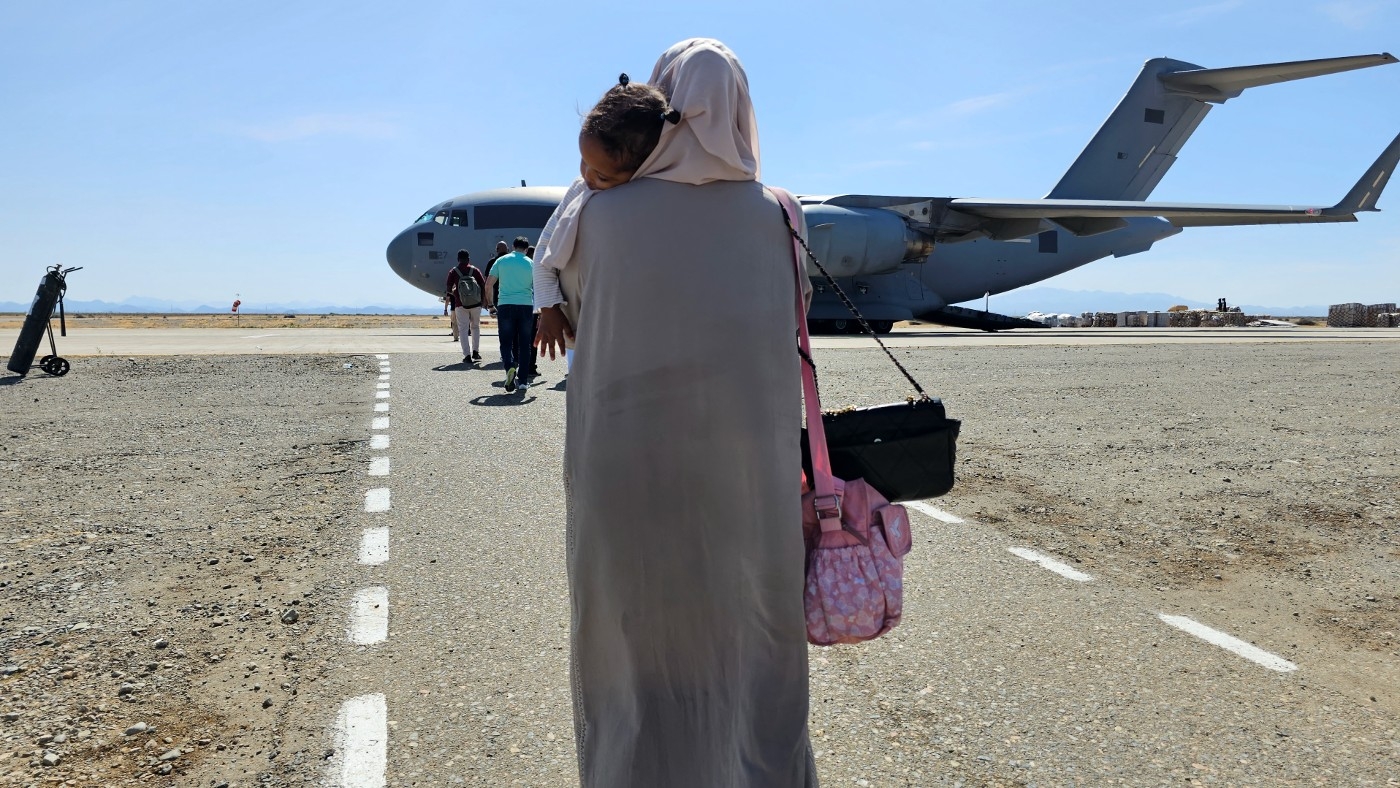
The United States embassy in Khartoum has destroyed the passports of Sudanese and “other third country nationals” who were in the process of applying for visas and passports there.
The move leaves those affected unable to leave Sudan, which has been in a state of turmoil since 15 April, when war broke out between the Sudanese army and the paramilitary Rapid Support Forces (RSF).
Alhaj Sharaf, a Sudanese software engineer, had been accepted into a master's degree programme in computer science at Maharishi International University in Fairfield, Iowa. He was supposed to start courses on 2 May.
In order to study in the US, Sharaf's passport had been submitted to the embassy in Khartoum for non-immigrant visa processing. The visa had already been issued when the fighting began, but the passport had not been returned.
Sharaf was at his family home in Khartoum North when the conflict broke out not far away. He moved to his cousin's home in Omdurman, Khartoum's twin city, because it was safer there.
New MEE newsletter: Jerusalem Dispatch
Sign up to get the latest insights and analysis on Israel-Palestine, alongside Turkey Unpacked and other MEE newsletters
The would-be student immediately emailed the US embassy. His plan was to go north to Egypt and from there on to the US. But he needed his passport. The embassy responded to say that it was closed temporarily.
Ibrahim Khalid, a friend of Sharaf's, was in the same situation. He was heading to the United States to study, but his passport had been held at the embassy since 31 January. As his city became engulfed in flames, there was no way out for him either.
On 22 April, the US embassy in Khartoum suspended its operations and its staff were evacuated. Official documents were destroyed, but so too were the passports of Sudanese citizens applying for American visas.
It wasn't until 17 May that Sharaf found out that his passport had been "seized and destroyed". He was stranded.
Sharaf was given permission to renew an old passport - he had to find a policeman who would do it by hand - but he did not have an old passport.
He wrote to his university admissions representative and explained the situtation: he was in his home country. His home country had become a warzone. He wanted to leave but the US embassy had destroyed his passport and he now had no way of leaving. He asked if he could start his studies in August.
"It’s not about being angry emotionally," Sharaf told MEE. "But there must be justice and a Plan B for such a situation... I'm just disappointed. I couldn't start my studies and now after destroying the passport, I can’t even leave my country to stay in a safe place."
'Standard operating procedure'
A US State Department spokesperson confirmed that passports held at the Khartoum building had been destroyed.
“It is standard operating procedure during these types of situations to take precautions to not leave behind any documents, materials, or information that could fall into the wrong hands and be misused,” a US State Department spokesperson told Middle East Eye.
"Our Embassy in Khartoum had passports of Sudanese and other third-country nationals who were in the process of applying for visas and passports of US citizens applying for consular services. Because the security environment did not allow us to safely return those passports, we followed our procedure to destroy them rather than leave them behind unsecured."
The spokesperson said the United States government had "provided individuals with the best information available on how to obtain new passports or travel documents on the border with Egypt, as this is the only location within Sudan we are currently aware of, where the government of Sudan may be issuing new passports and travel documents."
Before they were destroyed, Sudanese citizens whose passports were being held at foreign embassies in Khartoum had been unable to access them because the embassies were locked.
As western diplomats and officials were evacuated, ordinary Sudanese citizens spoke of being ignored or brushed off when they tried to speak to European embassy staff about their situation.
The French embassy went on to destroy all the passports it held, while the Swedish and Dutch embassies, which were also holding passports, did not.
Over 936,000 people have been newly displaced by the conflict since 15 April, including 736,200 people displaced internally and 200,000 who have crossed into neighbouring countries, according to the UN.
"It's getting worse," Alhaj Sharaf told MEE, about the fighting in Omdurman. In his cousin's house, he wonders if he will ever make it to the US to do his course. "I am asking God to keep us safe," he said.
Middle East Eye delivers independent and unrivalled coverage and analysis of the Middle East, North Africa and beyond. To learn more about republishing this content and the associated fees, please fill out this form. More about MEE can be found here.



